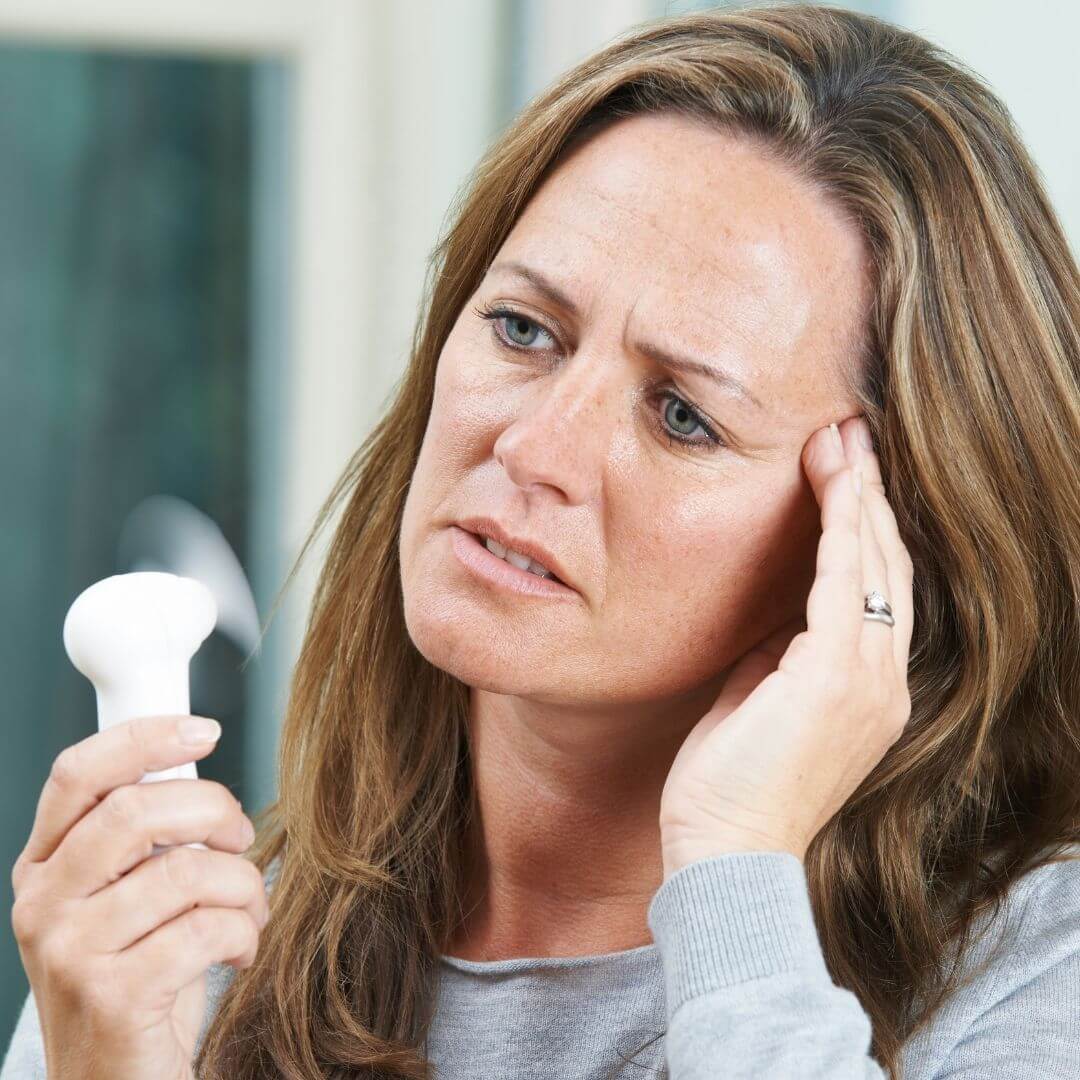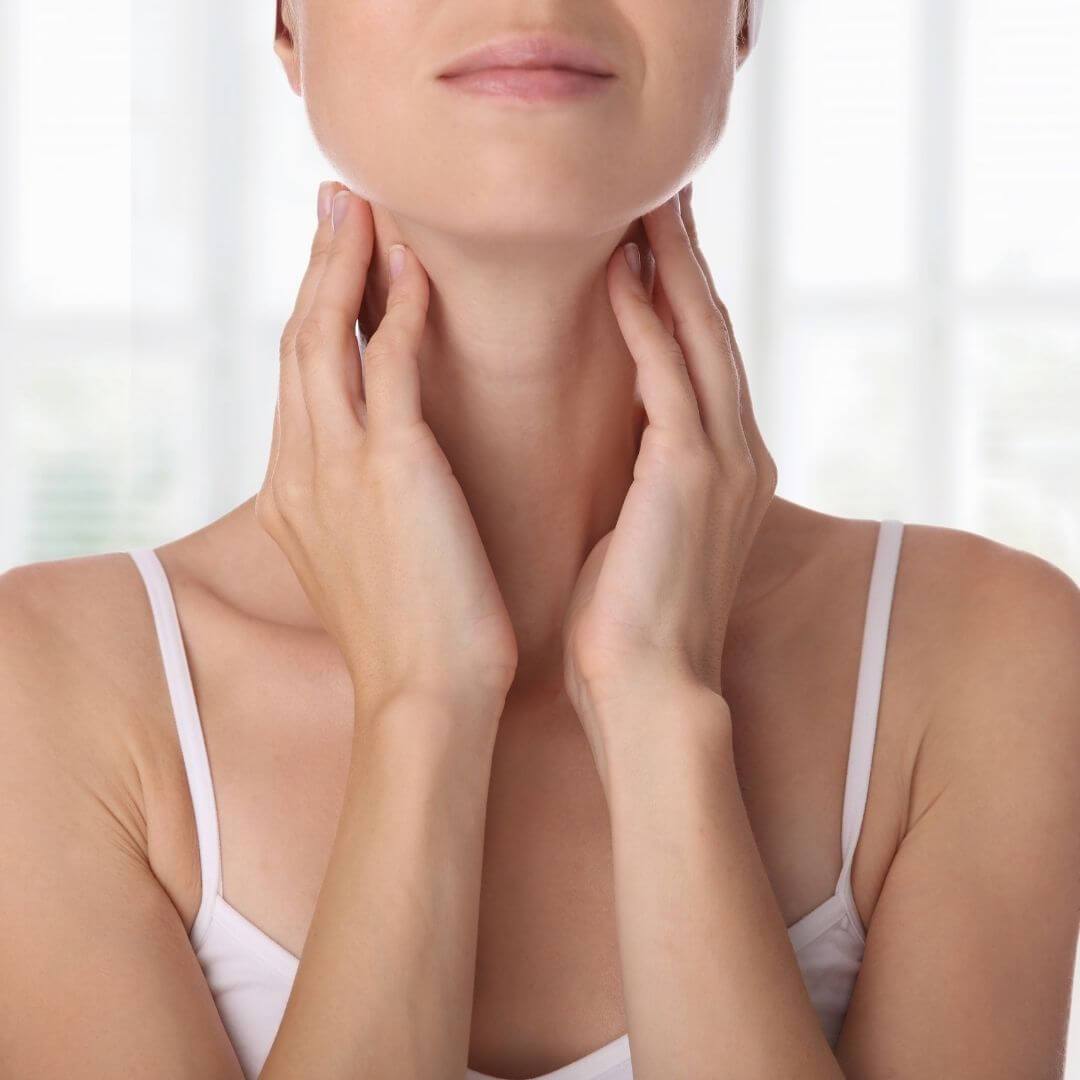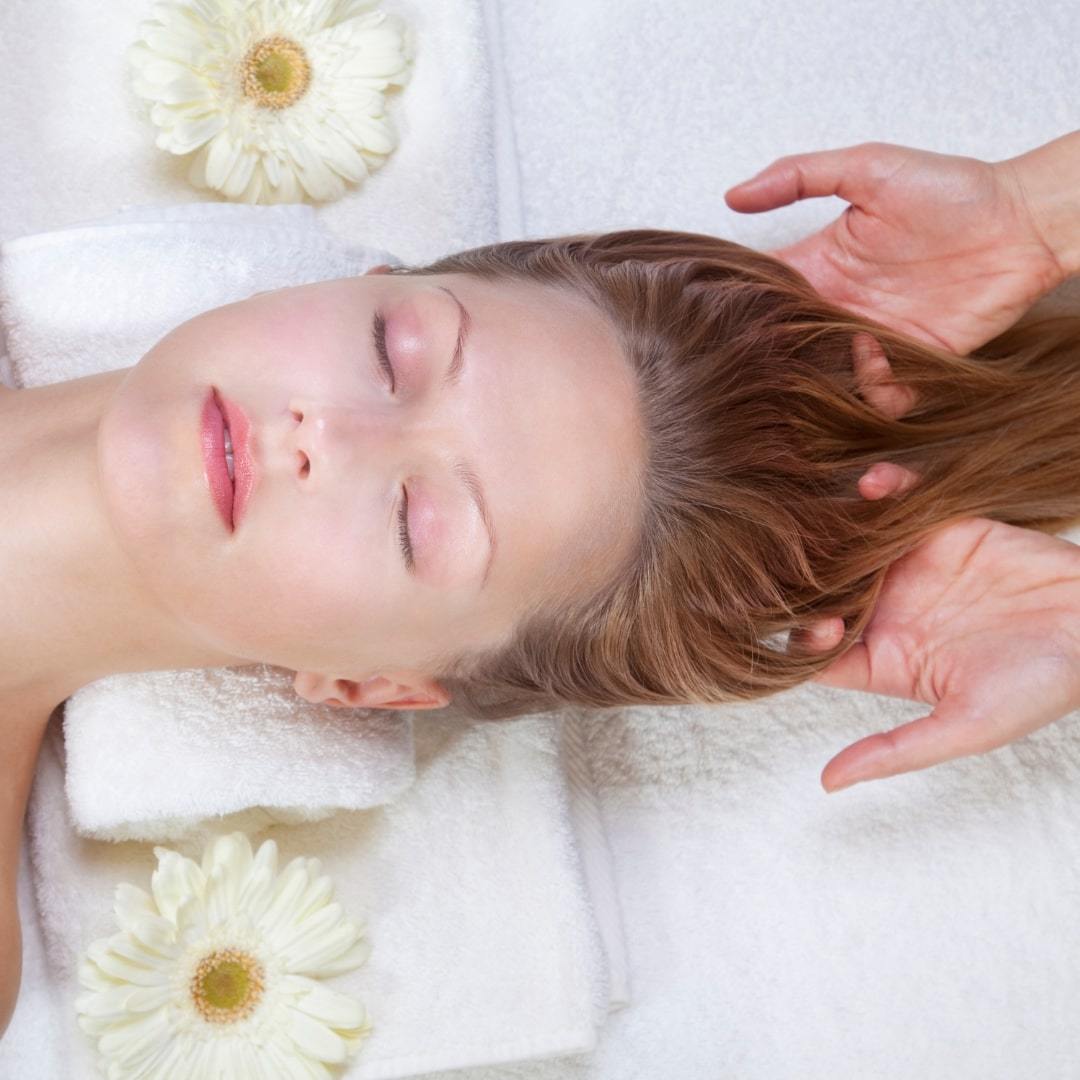Hair loss is a common problem that affects many men, regardless of their age or lifestyle. For some, it may begin as just a few strands in the shower drain, while for others it can progress to thinning patches and eventually, complete baldness. Whatever stage you may be at with your hair loss journey, one thing is for sure – preventing baldness is on the top of every man's mind. As we age and our hormones change, genetics kick in or stress takes over, hair loss becomes inevitable. But fear not! There are steps you can take to slow down this process and even potentially reverse it. In this blog post, we will explore some tips and tricks specifically tailored to men who want to keep their luscious locks intact for as long as possible.
I. Understanding the Causes of Baldness in Men

Baldness, the state of having little or no hair on the head, is a common condition among men. Understanding the causes of this condition is crucial to finding effective treatments and improving the quality of life for those affected. While genetics can play a significant role in baldness, other factors such as hormonal imbalances, stress, and certain medications can also contribute. By educating ourselves on the causes of baldness, we can better understand how to prevent and treat this condition. With the right knowledge and resources, men can take charge of their hair health and feel confident in their appearance.
A. Genetic Factors: The Role of Male Pattern Baldness
Baldness, specifically male pattern baldness, is a common issue that affects a significant number of men worldwide. While some may view it as mere vanity, male pattern baldness is, in fact, a genetic condition that stems from a combination of hormonal and genetic factors. The condition is characterized by the thinning and eventual loss of hair, typically in a distinctive pattern that starts at the hairline and progresses towards the crown. Research has shown that the genetic component of male pattern baldness accounts for over 80% of cases. With this knowledge, scientists continue to explore the various genetic factors that contribute to baldness in hopes of finding treatments and solutions for those affected.
B. Hormonal Influences: How DHT Affects Hair Follicles
As we age, many of us experience hair loss. While many factors contribute to this phenomenon, one key hormone plays a significant role: DHT. Also known as dihydrotestosterone, DHT is a hormone that is produced from testosterone in both men and women. Research suggests that DHT can attach to hair follicles and cause them to shrink, which eventually leads to hair loss. Though DHT is a natural and necessary hormone, its effects on hair follicles can be frustrating for those who experience hair loss as a result. Understanding the hormonal influences on hair loss can help individuals make informed decisions about their hair care.
C. Environmental and Lifestyle Factors Contributing to Baldness
Baldness, a condition where hair loss occurs on the scalp, affects millions of men worldwide. While genetic factors play a significant role, studies indicate that environmental and lifestyle factors may also contribute to baldness. One such factor is smoking, which has been linked to premature hair loss in men. Exposure to certain chemicals and toxins in the environment, such as those found in air pollution and pesticides, may also increase the risk of baldness. Additionally, dietary habits, stress levels, and physical activity can impact hormone levels, which in turn affects hair growth. Understanding the various environmental and lifestyle factors that contribute to baldness may provide valuable insights into prevention and treatment options for this common condition.
II. Proactive Hair Care for Baldness Prevention
Hair loss and baldness are common problems that affect many people, especially men. However, these issues can be prevented by taking proactive measures to care for your hair. Using high-quality shampoo and conditioner that are specifically designed for hair loss can help to strengthen your hair and prevent it from falling out. Additionally, using a serum that is rich in nutrients can nourish your scalp and hair follicles, promoting healthy growth. By incorporating these products into your hair care routine and making healthy lifestyle choices such as regular exercise and a balanced diet, you can take proactive steps towards preventing baldness and maintaining a healthy head of hair.
A. Scalp Massage and Its Effectiveness in Stimulating Hair Growth
The practice of scalp massage has been around for centuries, and it is still considered an effective way to stimulate hair growth. Scalp massage can increase blood flow to the hair follicles, thereby promoting growth and preventing hair loss. This technique can be practiced using a variety of methods, including using fingertips, massage tools, and even essential oils. One study found that regular scalp massage can lead to thicker hair and improved hair quality. While scalp massage is not a guaranteed solution for hair loss, incorporating this practice into your hair care routine may lead to healthier and fuller hair.
B. Choosing the Right Hair Products to Nourish and Strengthen Hair
Healthy hair is a sign of good health, but it can be difficult finding the right products to nourish and strengthen it. With so many options on the market, it can be overwhelming to figure out the ideal routine for maintaining a healthy head of hair. Thankfully, the journey to healthier hair is easier than you might think. Start with selecting the right shampoo and conditioner for your hair type. From there, introduce a serum into your routine to add some extra protection from environmental factors and provide some extra hydration. It's essential to note that men's hair requires different care compared to women's hair, so be sure to choose products that cater to your specific needs. If you're experiencing baldness or hair loss, look for products that contain ingredients such as biotin and protein that can help with hair growth and strengthen the hair follicles. By following these simple steps, you can achieve healthy, nourished, and strengthened hair.
C. Dietary Adjustments for Healthier Hair and Scalp
Maintaining healthy hair and scalp requires not only external care through the use of shampoo and conditioner, but also internal care through dietary adjustments. These adjustments can benefit men who may be especially prone to hair loss and scalp issues such as dandruff or itchiness. Foods such as nuts, leafy greens, and salmon contain omega-3 fatty acids and biotin which have been known to promote hair growth and strengthen hair. Biotin in particular, has even been proven to improve the firmness and thickness of nails as well. Incorporating these foods into your diet, as well as using a scalp serum can help to nourish and strengthen hair from the inside out. By taking care of your body, you can improve the health and appearance of your hair, potentially decreasing the chances of baldness and other scalp issues.
III. Lifestyle Changes to Combat Baldness

Baldness is a common condition that affects millions of people across the globe, and while it may not be a cause for concern for some, it can be a source of insecurity and anxiety for others. Fortunately, there are several lifestyle changes you can make to combat baldness and promote hair growth. One of the most effective ways to do this is to make changes to your diet. Consuming foods rich in essential vitamins and minerals, such as iron, zinc, and biotin, can go a long way in promoting hair growth and preventing hair loss. Additionally, reducing stress and incorporating regular exercise into your routine can also help combat baldness. Making small changes to your lifestyle can have a big impact on your hair health, and taking proactive steps to combat baldness can help you feel more confident and comfortable in your own skin.
A. Stress Management Techniques to Reduce Hair Loss
Hair loss is a common problem that affects millions of people around the world. It can be caused by a variety of factors, one of which is stress. When we experience excessive stress, our body produces more cortisol, a hormone that can contribute to hair loss. Stress management techniques can help reduce cortisol levels, improving hair health in the process. Some effective stress management techniques include meditation, exercise, and getting enough sleep. These practices can help reduce stress levels and promote relaxation, leading to healthier hair and overall well-being. Incorporating stress management techniques into your daily routine can make a significant difference in reducing hair loss and promoting a healthier, happier life.
B. Regular Exercise and Its Impact on Hair Health
Regular exercise is vital to maintaining overall health and wellness, but did you know that it can also have a positive impact on hair health? Exercise increases blood flow and circulation throughout the body, including the scalp. This increased blood flow can provide the hair follicles with essential nutrients and oxygen, promoting hair growth and overall healthy hair. Additionally, exercise can help reduce stress levels, which can be a significant contributor to hair loss and thinning. However, it's important to note that excessive exercise or use of anabolic steroids for muscle building can have negative effects on hair health. So, if you're looking to improve your hair health through exercise, remember to keep it balanced and moderate to achieve optimal results.
C. Other Habits and Practices to Promote Hair Growth and Scalp Health
In addition to incorporating healthy foods and regular scalp massages, there are additional habits and practices that can further promote hair growth and scalp health. For starters, avoiding tight hairstyles and excessive heat styling can prevent damage to the hair follicles and keep the scalp well-hydrated. Using a silk or satin pillowcase can also help reduce friction and tangling during sleep, which can lead to breakage. Additionally, regularly cleaning hair tools and avoiding overuse of products with harsh chemicals can prevent buildup and irritation on the scalp. By implementing these habits and practices into a hair care routine, one can optimize their chances for healthy, abundant hair growth.
In conclusion, understanding the causes of baldness in men is crucial for anyone looking to prevent or manage this common issue. Our genetics and hormones play a significant role in male pattern baldness, while environmental and lifestyle factors can also contribute to hair loss. However, by taking proactive measures such as scalp massage, choosing the right hair products, and making dietary adjustments, we can nourish and strengthen our hair to prevent baldness. Additionally, incorporating stress management techniques and regular exercise into our daily routine can have positive impacts on our overall health and reduce hair loss. Small changes in our habits and practices can also make a significant difference in promoting hair growth and maintaining scalp health. It's important to remember that managing baldness requires a holistic approach that combines both external treatments and internal lifestyle changes. With knowledge about its root causes and proactive measures to combat it, we can confidently take charge of our hair health and achieve the best possible results. So don't let the fear of baldness hold you back – with these tips in mind, you can proudly rock any hairstyle you choose!














